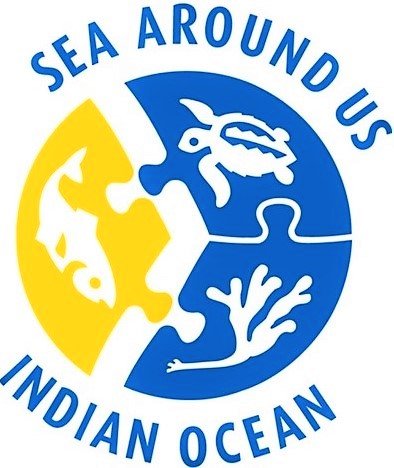The Sea Around Us – Indian Ocean urges the EU to support ban on drifting fish aggregating devices
Posted: 27 April 2023
Researchers of the Sea Around Us – Indian Ocean at the University of Western Australia are urging the European Union to fully support the ban on drifting fish aggregating devices (dFADs) in the Indian Ocean tuna fisheries adopted by the Indian Ocean Tuna Commission (IOTC) on February 5th, 2023.
In a letter sent to the European Commissioner for the Environment, Oceans and Fisheries, Mr. Virginijus Sinkevičius, Professor Dirk Zeller and PhD student Kristina Heidrich expressed their concern over a recent decision by the EU Commission to object to the ban, as a result of lobbying efforts by the European tuna fishing industry.
“As independent and non-aligned scientific experts on Indian Ocean fisheries and the Indian Ocean tuna fisheries, we can provide some perspective and ecological context to this issue,” the researchers wrote in the letter. “As you are aware, dFADs are criticized for their hyper-efficiency and extremely unselective nature, causing significant negative impacts to the ocean marine life. These devices attract a wide range of often vulnerable species, including juvenile tuna that have not had the chance to reproduce, and pelagic sharks that are known to be at high conservation risk. This exacerbates the overexploitation risk of many Indian Ocean pelagic species.”
Zeller and Heidrich go on to explain that the ban was designed as a conservation measure supported by positive examples in other oceans. They emphasize that even though an annual three-month prohibition on dFADs is far from sufficient to restore and safeguard tuna and other vulnerable species, it is still a crucial first step towards an eventual full ban on the aggregating devices.
“This historical majority decision by IOTC member states to adopt a resolution to reduce the negative impacts caused by dFADs is jeopardized by the European Union’s heavy-handed objection,” the letter reads. “This objection threatens the rebuilding and sustainability of Indian Ocean fisheries resources, which experience heavy pressure from industrial fisheries, primarily from French and Spanish fleets.”
The researchers note that the European tuna fishery, together with Taiwan, is the main non-Indian Ocean Rim country extractor of tuna biomass in the Indian Ocean, and that the EU is responsible for approximately 87% of the region’s dFAD-derived tuna catches.
Zeller and Heidrich’s research has shown that due to its one-sided reliance on dFADs, combined with its very large fishing capacity, the EU is one of the major contributors to the overexploited state of marine ecosystems in the Indian Ocean.
Their work has also demonstrated that European purse seiners using dFADs are responsible for massive catches of two species that are overfished in the Indian Ocean, namely, yellowfin tuna and bigeye tuna.
“The decision of the EU Commission to oppose the annual 72-day dFAD ban has far-reaching consequences for these overfished populations, making it largely impossible to rebuild these stocks to safe and sustainable levels,” the researchers point out. “The fact that the European Commission is contemplating using the IOTC objection procedure to prevent the implementation of the dFAD ban demonstrates a blatant disregard for the significance of this democratically derived measure in protecting overfished tuna populations and marine ecosystems impacted by nonselective industrial fishing.”
Zeller and Heidrich close the letter by urging the European Commission to protect tuna populations and maintain the integrity of the Common Fisheries Policy by withdrawing its proposal to the Council of the European Union to object to the new IOTC dFAD resolution.
